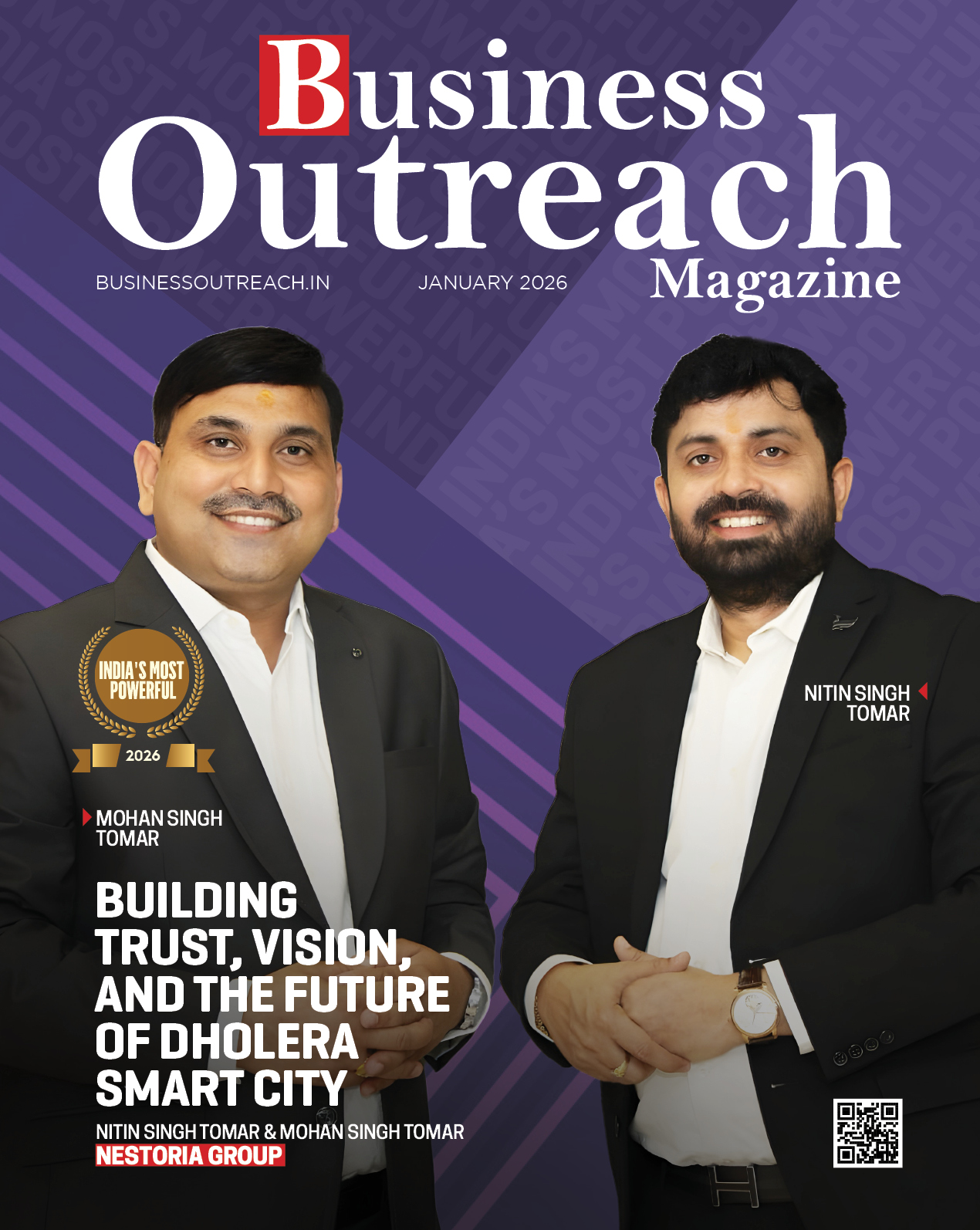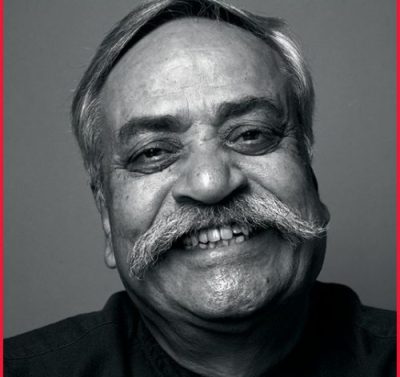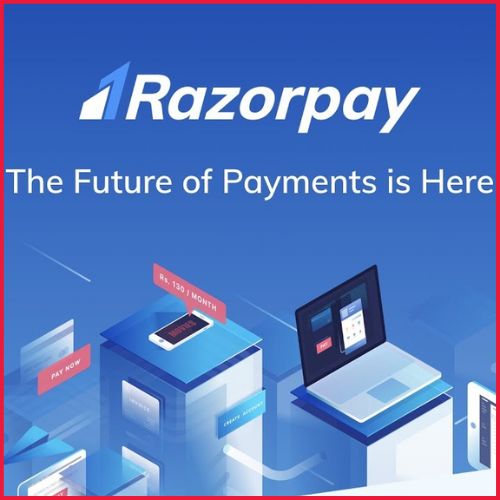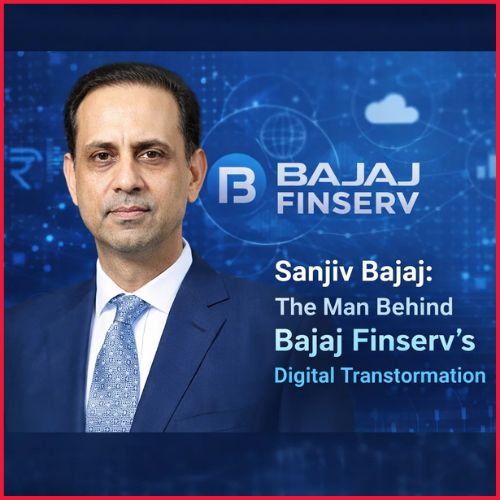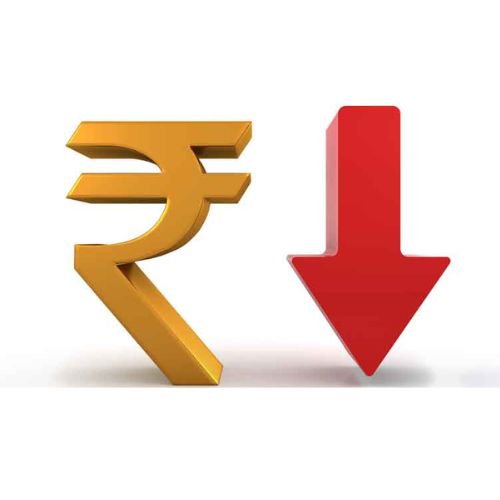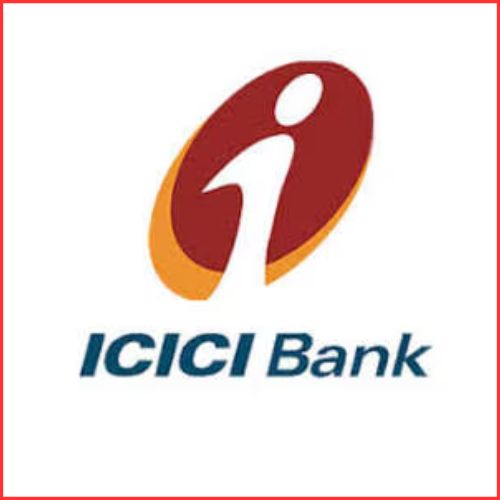The government in the past few years has also slashed taxes at the GIFT city to compete with regional finance hubs like Singapore, Dubai, and Hong Kong.
Nifty futures contracts on Singapore Exchange (SGX) are set to start trading at the International Financial Service Centre (IFSC) in Gandhinagar on Friday. Prime Minister Narendra Modi will launch the dollar-denominated Nifty futures and inaugurate the India International Bullion Exchange (IIBX) at the Gujarat International Finance Tec (GIFT) City, said people familiar with the matter.
“It’s a soft launch of SGX Nifty Futures on the GIFT-IFSC,” said one of the people aware. “For the first few months, SGX Nifty Futures will be traded simultaneously on GIFT-IFSC and SGX. Later, SGX will discontinue the trading of the product from Singapore.”
National Stock Exchange and SGX have formed a special purpose vehicle (SPV) – NSE International Financial Service Centre (IFSC)-SGX Connect – to launch Nifty products at the Gift City. SGX Nifty Futures will be traded at GIFT city for close to 19 hours a day, said the person familiar with the matter.
Nifty contracts on SGX are popular among foreign investors, who did not wish to trade in India. At its peak, trading in Nifty contributed as much as 10% to the Singapore bourse’s revenue. In early 2018, India’s stock exchanges decided to stop licensing their indexes to foreign bourses from August 2019 amid concerns over the flight of trading activity by foreigners to Singapore.
SGX dragged NSE into a legal dispute after the termination of the agreement. The issue finally went for arbitration. Both exchanges withdrew the arbitration in September 2020 after they decided to enter a connectivity pact at Gift City.
Nifty Futures volumes in Singapore are nearly 80% more than in India. In 2021, an average daily volume on NSE was ₹14,500 crore compared to ₹26,000 crores in SGX. Foreign portfolio investors (FPIs) had shifted their positions to Singapore due to more favourable taxation and preference for a dollar-denominated product.
The government in the past few years has also slashed taxes at the GIFT city to compete with regional finance hubs like Singapore, Dubai, and Hong Kong.
“Trading on Gift City would benefit foreign investors who now enjoy a minimum alternate tax (MAT) of 9%. Additionally, exemptions concerning stamp duty, GST, STT, and CTT are also there,” said Kamlesh Shah, president of the Association of National Exchange Members of India (ANMI). “Those trading at Gift City will see the value additions in terms of low operating cost and tax benefits for operating their business from IFSC entity in comparison to the cost of setting up offices in foreign countries like Dubai and Singapore.”
Prime Minister Modi will also be inaugurating the India International Bullion Exchange, which is jointly owned by NSE, Multi Commodity Exchange, India INX International Exchange, National Securities Depository (NSDL), and Central depository Services (India). About 60 qualified jewellers have already been taken on board.
